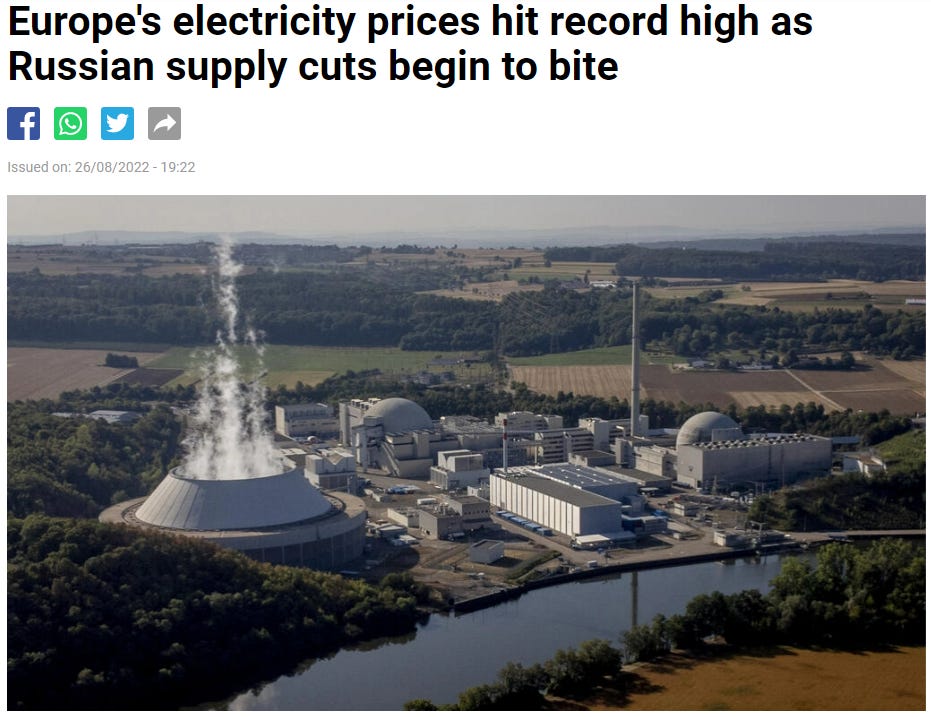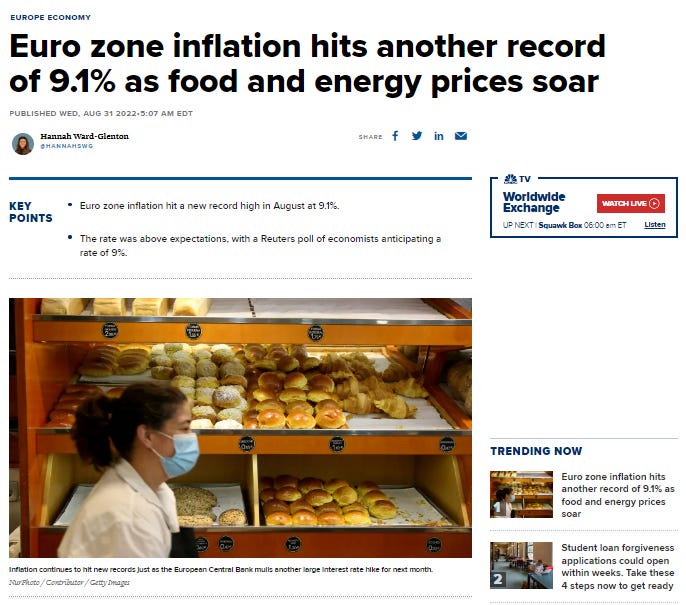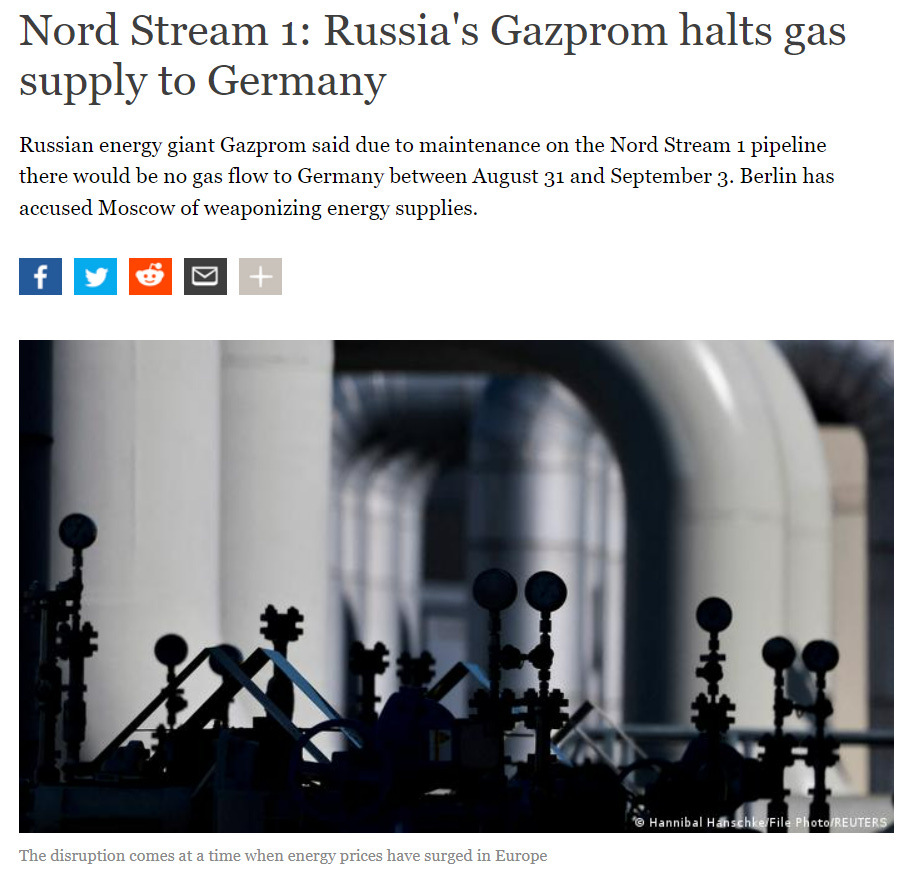The gas supply halting saga continues as Europe (and as an extension the world) buckles up for a full blown energy crisis. I personally believe this will be more painful than the current estimates. Post pandemic the nature of most crises has become compounded. This might be because of the residual effects of Covid-19 as it drastically increased the global debt levels (reaching the total at $305 trillion and most of it being added in the emerging markets and developing economies), millions more being dragged below the poverty line, lingering health issues, changed workplace cultures and choked/disturbed supply chains. The whole supply-demand flow first came to a screeching halt and then resumed. Of course, there would be inconsistencies until all the cogs in global economy synchronize in harmony (somewhat). The other major factor has been that of Russian invasion the consequences of which are now forcing structural changes in the global politico-economic system. One such offshoot of this geopolitical flashpoint has been energy. Less investment in oil and gas projects, a myopic narrative being peddled around energy transitions, and sanctions against Russia all have aggravated the realm of energy and we now face a looming energy crisis.
The tussle between Russia and Germany has elevated energy prices to unprecedented levels. For instance, the price of electricity has risen manifolds. In Germany, a year-ahead contract will now cost $995 per megawatt hour while 1,100 euros in France. These are tenfold increases as compared to last year. It should also be noted that alongwith this the cost of living has increased as inflation continues to bite and has already surged past the expected levels in the Eurozone. It recently touched 9.1 percent with food and energy prices being the main contributors.
In the UK, things are even worse. Goldman Sachs has issued a warning that inflation can hit 22 percent and that GDP can drop by 3.4 percent. This is happening when consumers saw an increase of 80 percent in the coming months to £3,549/year (an increase of £1,578).
Nord Stream 1 pipeline was already running on extremely low capacoty (only at 20 percent) and today (31st August, 2022) Gazprom announced that the pipeline will be closed completely from 31st August to 3rd September. Apparently there is some “necessary” maintenance at compressor station required after “every 1,000 hours of operation”.
Albeit Germany has filled its gas storages to 85 percent and restaurants and households are saving it up as well, they would still need alternatives if such a development prolongs as Russia delivers about 40 percent of Europe’s gas i.e. 155 billion cubic metres (bcm). Reuters did an interesting explainer on what might be the alternatives for Germany. Here is a summary:
Alternative routes that can bring gas to Europe includes Yamal-Europe Pipeline going through Belarus and Poland reaching to Germany. It has a capacity of 33 bcm - a sixth of total Russian supply. Other countries that might be an option includes Denmark, Britain, Norway (second biggest gas supplier of gas after Russia) and Netherlands via pipeline. Then there are potential projects such as a new pipeline flowing between Poland and Slovakia that would caryy around 10 bcm of gas per annum. Spain and France are also mulling over some options.
Other methods might include renewables or using interconnectors from one’s neighbours. Officials have also reached an agreement that EU should cut gas usage by 15 percent. The giant and promising Groningen Dutch field can also be summoned for help.
However, all of these measures are contingent and long term. In the shorter run, there is no immediate alternative to Russia’s gas.
This makes one think about the effectiveness of the whole enterprise of sanctions. Suppose we do a certain act X to get A and B as a result. But if neither A nor B is achieved, one would assume that action X to be null and void. That action was the sanction and A was to isolate Russia and B to punish its economy. None of this has happened. If anything Russia’s economy is doing pretty well for a country that has been heavily sanctioned. Check out my recent post on LinkedIn.
I tend to believe, as I mentioned in the above post too, that the world has changed in its orientation when it comes to international relations. The unipolarity that was already short lived has given way to a multipolar setting where options are galore. To isolate a country in such a complex setting has become a difficult task. This is specially true when almost every country is facing its own set of problems and therefore, self interest that includes energy, food, national security, such themes have taken the driving seat.
Time will tell how this whole episode will play out. But one thing is for sure: the winters are going to be really cold!







